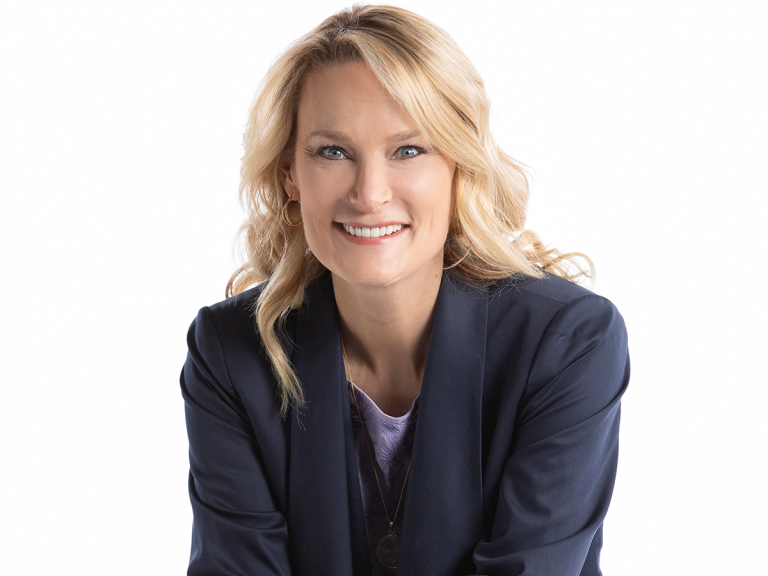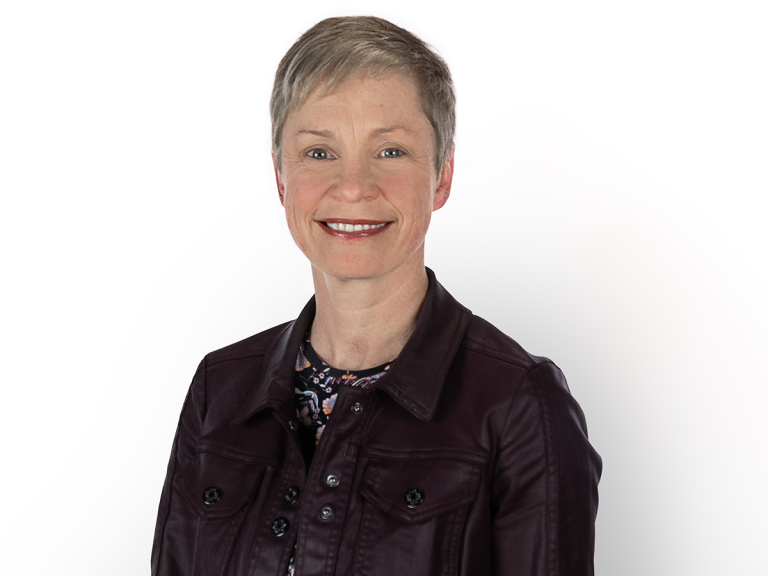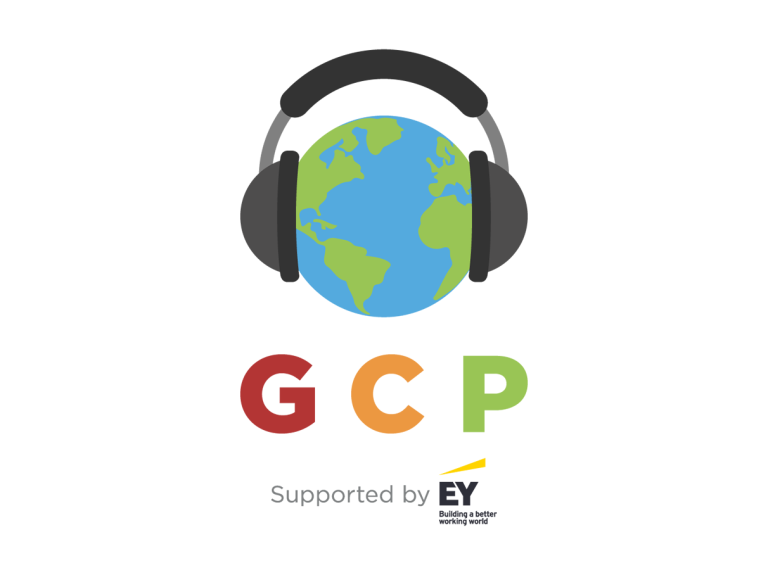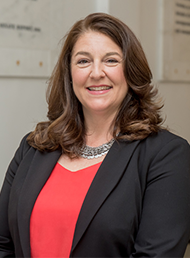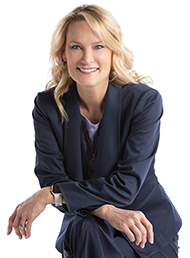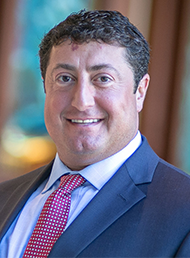Domicile Wars: Mauritius positioning itself as reinsurance hub as captives rise
Everen CEO Bertil Olsson to retire March 2025
Bertil Olsson, the CEO of Bermuda-domiciled energy mutual Everen, is set to retire from his position in March 2025, as the board has declared a dividend of $350m.
The dividend was declared at the company’s board meeting on 19 March, which was followed by its annual general meeting on 21 March, where Olsson broke the news regarding his retirement.
“Whilst my retirement is still a year away, I would like to express what an honour and privilege it has been to lead this amazing organisation over the past 8 and a half years,” Olsson said.
“I am looking forward to the continued work over the coming year with our very talented team and Board of Directors and to transition the business to the next leader upon completion of the succession recruitment process.”
Directors Gwenola Jan, Michele Waters, and Robert Wondolleck are also set to retire.
At the AGM, shareholders voted to approve amendments to Everen’s by-laws and shareholders’ agreement, aimed at enhancing governance and operational flexibility.
Shareholders also elected a new Board of Directors who will serve until the March 2025 AGM.
The newly elected Board appointed John Weisner as chair of the board and Brian Mullen as deputy chair for 2024.
For the fiscal year 2023, Everen reported a net income of $679.5m, driven by a rebound in the investment portfolio, positive underwriting income and cost management.
“In 2023, Everen performed very well and remained dedicated to advancing Strategic Plan initiatives including our marketing and communication activities and facilitating the use of our coverages through the approval of the use of incorporated cell captives,” said Robert Foskey, senior vice president and COO at Everen.
“The addition of three new members underscores our continued growth, geographic and insured portfolio diversification, and the strong interest from global energy companies to be a part of our world-class energy insurance mutual.”
In March last year, Olsson told Captive Intelligence that Everen is facilitating the global transition to a greener economy by providing an insurance solution to all types of energy companies for both old and new projects.
US commercial brokers keen on captive education, no longer “pushing back”
American commercial brokers are increasingly looking for captive education to avoid losing clients as more businesses demand information and advice on captive utilisation.
Heather McClure, a former captive owner, joined new captive manager and consultant Helio Risk as general counsel and chief risk officer in April 2023.
Speaking on episode 100 of the Global Captive Podcast, she said a lot of the focus has been on building relationships and providing education to brokers who have not previously worked with captives.
“We’ve been doing a lot of education with commercial brokerages and really educating them about captives because their concern is losing their commissions,” McClure said.
McClure said the time has come when commercial brokers “can no longer push back”.
“Years ago, they were only familiar with the commercial market solutions and captives were competitors to them,” she said.
“We’re not beating down their doors,” McClure stressed. “They are coming to us, saying, ‘okay, give us a captive 101, empower us with information and data to present before our clients so that it becomes our idea’.”
She said that if brokers are not able or willing to answer a client’s captive questions, then clients will find their way to Helio or to another captive expert.
“We’ve seen that happen quite a bit, where a client will come to us directly and say, ‘I have been asking my trusted broker that I’ve had for 15 years about captives for the last two years.’”
She said if prospective captive owners do not get the information or answers on captives, they can become irritated and look for alternative broking and captive partners.
“We try to reach out, if we can repair that relationship, fine, but if not, there are many brokers that are willing to shepherd their clients through the captive process.”
McClure said the last few months have been some of the most intense in terms of clients coming to Helio for advice.
“Sometimes directly or sometimes through referrals, when they are having difficulty with the property markets, and we are partnering with brokerages in a way that I could not have really foreseen.”
Artex launches new group captive for US transportation industry
Artex Risk Solutions has launched a new group captive to address risks associated with transportation, trucking for hire, convenience store operators and petroleum marketers in the United States.
The group captive is a homogenous insurance company that will provide coverage for workers’ compensation, auto liability and auto physical damage.
Artex are the captive consultant and manager for the captive, while claims administration and loss control will be handled by Gallagher Bassett and Carolina Casualty.
“The U.S. transportation industry has experienced pockets of reduced insurance and risk management options in recent years due to labour shortages, supply chain challenges and a distressed insurance market,” said Martin Hughes, executive vice president, specialty risk transfer for Artex in North America.
“The new group captive addresses a need for alternative risk solutions in the space.”
Artex sad the objectives of the captive are to provide participants with the ability to take control of their insurance program through quality claims and loss control services, retain underwriting profits and investment income, and reduce the cost of insurance.
Tennessee licences 25 new captives and 66 cells in 2023
The Tennessee Department of Commerce & Insurance (TDCI) licensed 25 new captives and 66 cells in 2023, taking the total number of risk bearing entities, including cells, in the domicile to 719.
Tennessee currently has 164 active captives and 555 active cells.
The active captives in the jurisdiction include 97 pure captives and 57 protected cell companies (PCCs), in addition to several risk retention groups (RRGs) and association captives.
Total Gross Written Premium (GWP) increased in 2023 to $2.41bn, up from $2.12bn in 2022.
“In Tennessee, our focus on responsible regulation, our modern captive insurance statute, and our roster of seasoned professionals continues to create a difference for captive domicile managers who might not find that combination when looking elsewhere,” said TDCI Commissioner Carter Lawrence.
“Taken together with our central location and our network of first-in-class service providers, Tennessee continues to prove to the world why we are a first choice when establishing a captive insurance domicile.”
At the end of 2022, Tennessee had 100 pure captives, 411 individual cells and 42 PPCs.
Marsh launches Edgware Re, cyber group captive in Bermuda
Marsh has launched a Bermuda-domiciled cyber group captive for companies seeking more control of their cyber insurance programmes.
Edgware Re is a cyber-only group captive, licensed as a Class 3 insurer in Bermuda, that will only transact business with its participating members.
Participating members can purchase up to $10m in insurance or reinsurance from Edgware Re based on their needs, and limits are expected to grow as participation increases.
“As the scale, frequency, and economic impact of cyber events continue to grow, organisations must regularly reconsider and optimise their cyber risk strategies,” said Tom Reagan, global cyber practice leader at Marsh Specialty.
“Edgware Re is a great example of Marsh working with its clients to use their own capacity to create a sustainable insurance program that better meets their needs in today’s market.”
The captive will use Marsh’s cyber policy forms, pool participants’ cyber risks and premiums, absorb their losses, and foster the exchange of cybersecurity best practices.
Participating members will be eligible for dividends in the event of requisite profitability.
Marsh will provide captive management, incident response, vendor engagement and claims advocacy support to Edgware Re.
“The captive insurance market is a proven risk financing alternative for organizations that want to take greater control of their risk and gain increased financial flexibility and protection,” said Ellen Charnley, president of Marsh Captive Solutions.
“Edgware Re offers its participants the potential for more stable pricing and control, access to shared best practices, and potential profit sharing.”
In January, Marsh Captive Solutions launched ReadyCell to enable organisations to form their own insurance company within its Mangrove Protected Cell Facility in Washington DC.
In September, Captive Intelligence published an article highlighting that captives writing cyber coverage in their programmes is “emerging as a trend”.
Premium skyrockets in Alberta as province licences 15 new captives
The Alberta Department of Insurance licensed 15 new captives in 2023, with captive premium rising to C$54m (US$40m), compared to C$2.1m (US$1.6m) in 2022.
Alberta’s year-end total was 16, compared to one at the end of 2022, with the Energy Province introducing its captive legislation in July of that year.
Of the 15 new captives licensed in Alberta in 2023, 13 are single parent captives, one is a group or association captive, and one is an industrial insured.
Of the 16 year-end total, 14 are single parent captives, one is a group or association captive, and one is an industrial insured.
Alberta’s total gross written premium for its captives for 2023 was C$54m (US$40m), compared to C$2.1m (US$1.6m) in 2022.
Captive intelligence published an article in December highlighting that a large number of prospective captive owners are expected to pick the domicile over the more traditional offshore domiciles, which have historically been popular with Canadian businesses.
In episode 97 of the Global Captive Podcast, Rick Da Costa, partner and national leader for corporate and regulatory insurance & reinsurance at Borden Ladner Gervais LLP, discussed Alberta’s appeal as a new captive domicile for Canadian businesses.



